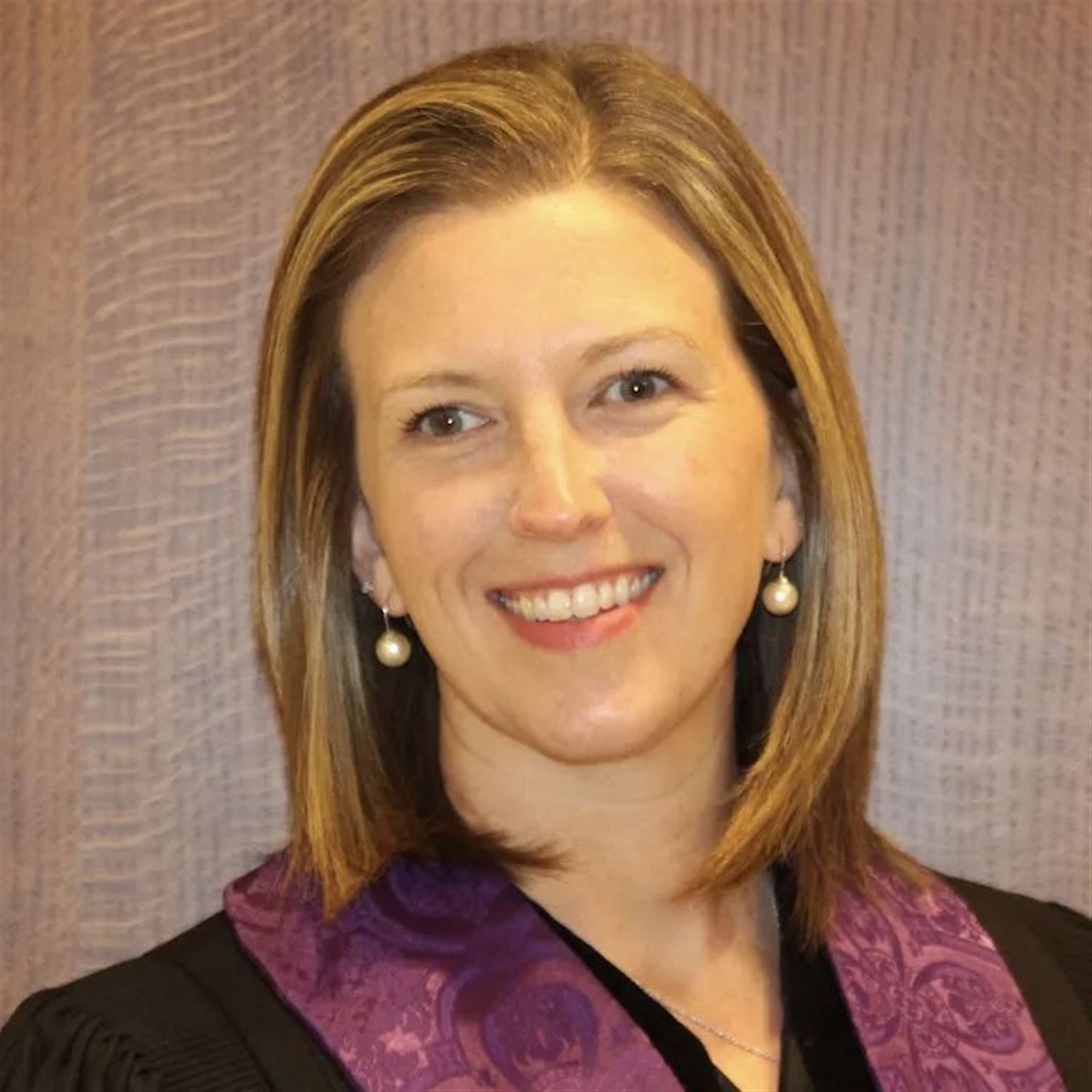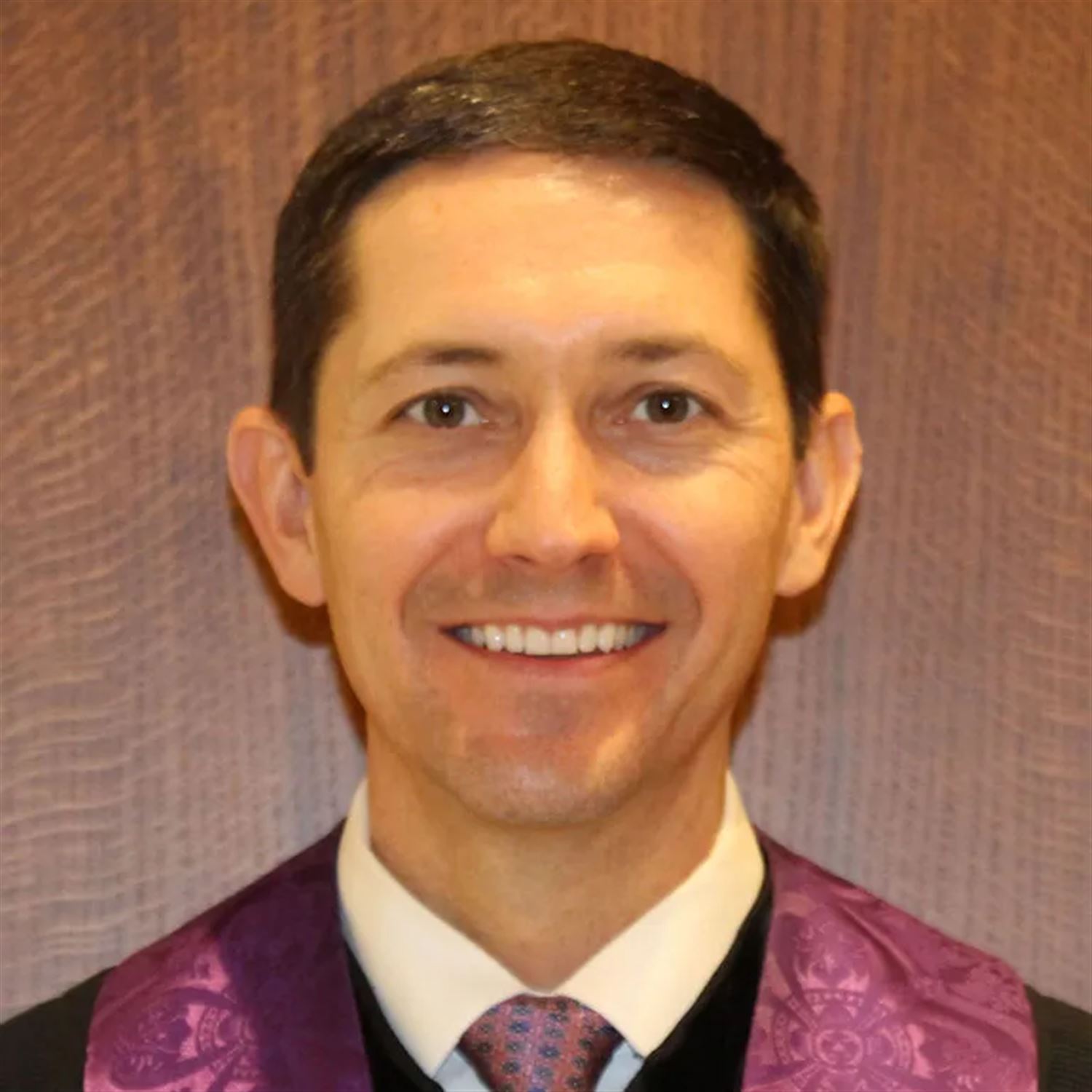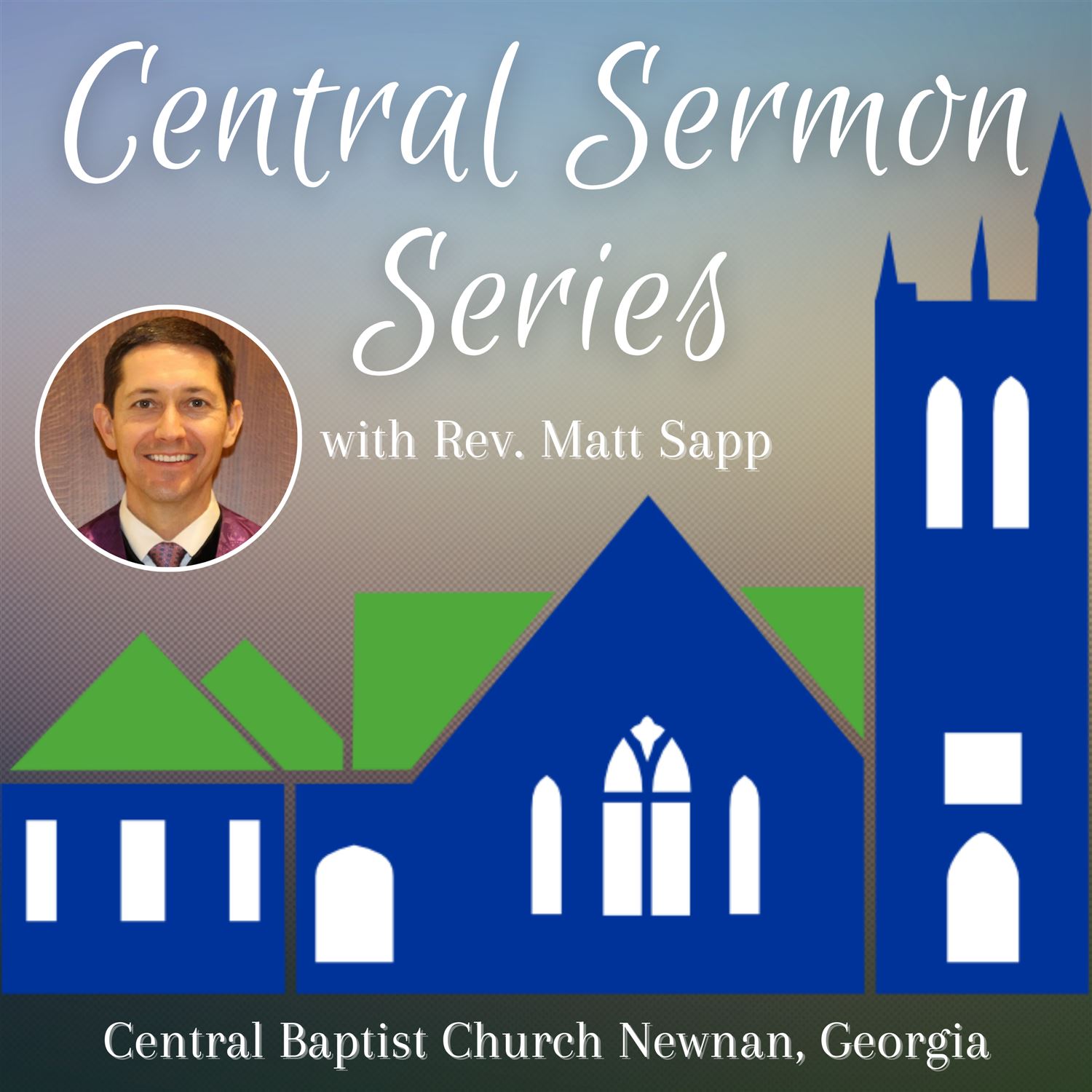On this 11th Sunday after Pentecost, Aug. 4th, 2024, Rev. Matt Sapp, return to the Sermon on the Mount after a three-week break. We reflect on its final words from Matthew 7:21-29, where Jesus warns against false disciples. It's a call to not just hear His words but to put them into practice, building our lives on a solid foundation.
The message emphasizes that it's not enough to know the will of God; we must do it. This teaching brings us full circle to the beginning of our series, where we discussed the Beatitudes and the importance of living out Jesus' teachings.
The sermon also draws parallels with recent Olympic events, illustrating how even the best-prepared individuals can face unexpected setbacks. The key is resilience and building a strong foundation through faith and practice.
As we conclude, we are reminded to be salt and light in the world, to be humble, generous, and self-aware. These qualities will make us stronger and more resilient. We pray for the strength to live out these teachings together as a community of faith.
Chapters
(00:00) Introduction and Call to Worship
(00:30) Recap of Recent Sermons and Events
(01:04) Conclusion of the Sermon on the Mount Series
(06:04) Building a Strong Foundation
(07:06) Olympic Stories and Life Lessons
(12:22) Resilience in the Face of Adversity
(15:00) Practical Applications of Jesus' Teachings
(17:02) Final Reflections
(17:49) Closing Prayer
Matthew 7:21-29
"Not everyone who says to me, 'Lord, Lord,' will enter the kingdom of heaven, but only the one who does the will of my Father who is in heaven. Many will say to me on that day, 'Lord, Lord, did we not prophesy in your name and in your name drive out demons and in your name perform many miracles?' Then I will tell them plainly, 'I never knew you. Away from me, you evildoers!' "Therefore everyone who hears these words of mine and puts them into practice is like a wise man who built his house on the rock. The rain came down, the streams rose, and the winds blew and beat against that house; yet it did not fall, because it had its foundation on the rock. But everyone who hears these words of mine and does not put them into practice is like a foolish man who built his house on sand. The rain came down, the streams rose, and the winds blew and beat against that house, and it fell with a great crash." When Jesus had finished saying these things, the crowds were amazed at his teaching, because he taught as one who had authority, and not as their teachers of the law.
Central is proud to be a place
- where all generations worship, grow, and serve together.
- where women and men have equal opportunities for leadership.
- where traditional worship is engaged with excellence.
- and where diverse approaches to Christian faith and theology all find themselves at home under the lordship of Christ.
Want to learn more about Central? Visit our website at centralbaptistnewnan.org or give us a call at 770-683-0610.

.jpg)


